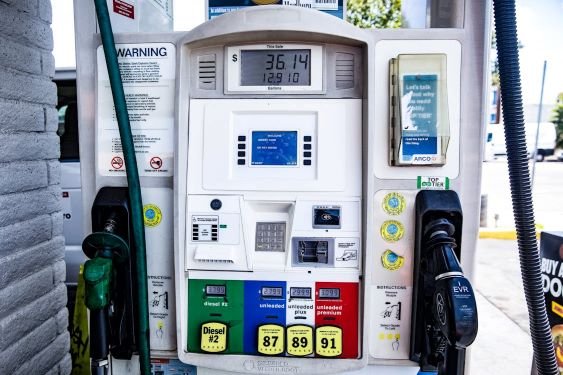For many people in the UK, owning a car is a practical requirement, but it’s important to be aware of all the costs involved. Let’s examine the many expenses related to owning a car in the UK, ranging from the original purchase to regular upkeep and everything expenses in between.-Full Cost of Car Ownership
First and foremost, there is the car’s actual purchasing price. This initial outlay might differ greatly based on a number of factors, including the make and model, extra features, and whether you purchase from a dealership or a private seller, regardless of whether you choose to buy a new or reliable used automobile.
After you’ve purchased wheels, you’ll need to account for insurance costs. In the UK, it is required to have auto insurance. The cost of your premiums is determined by a number of variables, such as your age, driving record, vehicle type, and selected level of coverage. The cost of insurance may be greater for younger drivers and those with prior convictions or accidents.

Naturally, a vehicle cannot move without fuel in its tank. Whether you’re filling up with petrol, diesel or charging an electric car, fuel is a big, continuous expense. Fuel price fluctuations can have an effect on your spending plan, so it’s a good idea to monitor pump costs and think about driving fuel-efficiently to avoid spending too much money over time.
Secondly, there is the issue of road tax, which is formally referred to as Vehicle Excise Duty (VED). The majority of cars that are driven or parked on UK public roads are required to pay this yearly fee. Your vehicle’s fuel type and emissions will determine how much you pay; generally speaking, low-emission cars are eligible for lower rates.
It’s essential to do routine maintenance and repairs to keep your car roadworthy. These expenses can mount up rapidly, particularly as your car ages or if you have unanticipated problems. These expenses might range from oil changes and brake inspections to tyre replacements and unexpected repairs. Setting aside money for regular maintenance helps avert future, more significant, and costly issues.
An annual MOT test is required for any automobile older than three years to make sure it still complies with safety and environmental regulations. Even though the test is reasonably priced, the total cost may go up if any repairs are required to pass. In order to prevent failing the MOT and incurring fines or penalties, it is imperative that any defects be addressed right away.
Your budget may also be impacted by parking fees and tolls, especially if you frequently travel on toll roads or live or work in an urban location. It’s advisable to budget for these parking and toll expenses in advance because they can change based on the location and length of the trip.
Cars naturally lose value as they age because of depreciation. It is inevitable that cars will gradually lose value, thus this is something you should account for when planning your future spending. Although depreciation cannot be completely avoided, its effects can be lessened over time by selecting a dependable make and model.
Breakdown cover is something that many drivers choose for extra peace of mind when driving. The cost of this extra service, which varies based on the provider and coverage level, offers assistance in the event that your automobile breaks down. Having breakdown cover can be comforting, especially when travelling long distances or to isolated locations where assistance can be more difficult to obtain.
Lastly, there are optional extras like cosmetic enhancements, roadside assistance packages, and extended warranties to think about. Although these accessories can improve your driving experience, you should account for the increased expenditures associated with them when making your overall budget.
In conclusion, a variety of costs are included in the cost of operating an automobile in the UK, including the original purchase price as well as continuing insurance, fuel, maintenance, and other costs. You can make sure that owning a car is a reasonable and worthwhile investment in your everyday life by being aware of these expenditures and creating a budget that takes them into account.

